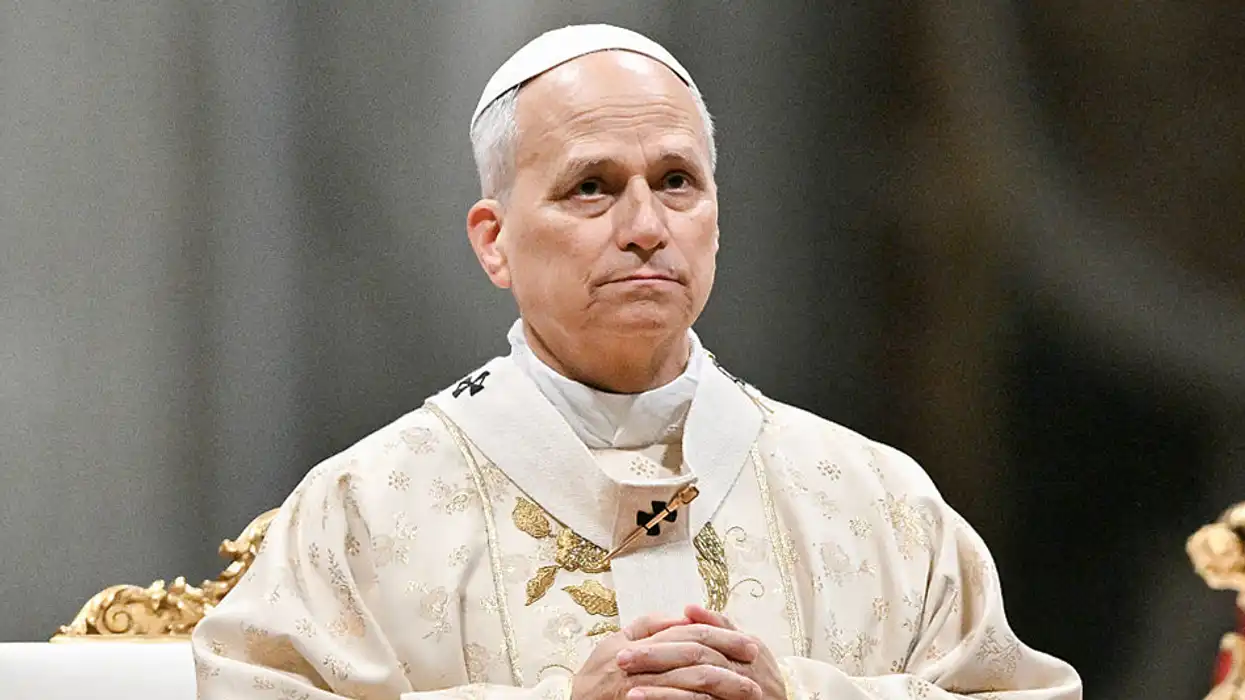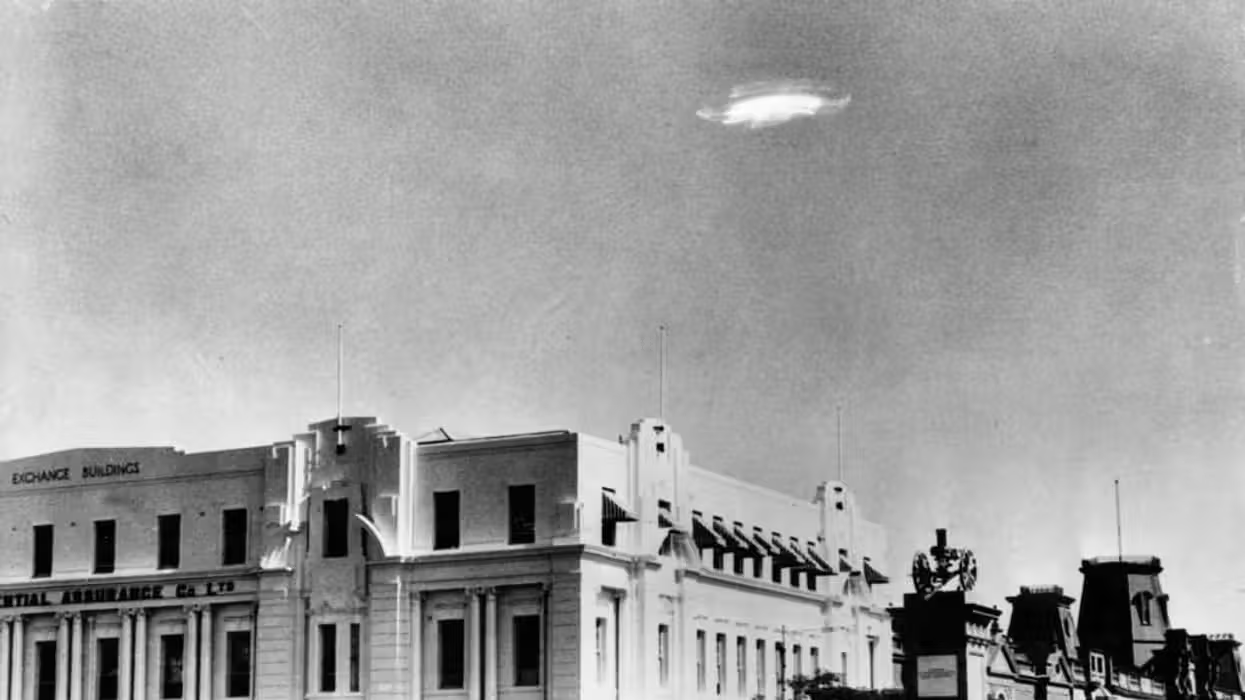
© 2025 Blaze Media LLC. All rights reserved.
Check out some new releases that are on our holiday reading list, and what other reviewers around the web have been saying about them.
1. The Great Debate: Edmund Burke, Thomas Paine, and the Birth of Right and Left by Yuval Levin
Writing in the Wall Street Journal, William Galston looks at Ronald Reagan's life through the prism of Yuvan Levin's new book, The Great Debate: Edmund Burke, Thomas Paine, and the Birth of Right and Left, arguing:
"If Ronald Reagan was not a conservative, there is no modern American conservatism. But if Yuval Levin's provocative new book, "The Great Debate: Edmund Burke, Thomas Paine, and the Birth of Left and Right," is correct, Reagan was anything but a conservative on what Mr. Levin regards as the most fundamental division between left and right—Burke's and Paine's rival conceptions of political change."
Levin provides an interesting contrast of the principles and ideals that split Burkeans, who are more reactionary in nature, with followers of Paine, who believe that radical change may be necessary, even if such change represents radicalism back towards first principles of government and civil society.
2. Writing from Left to Right: My Journey from Liberal to Conservative by Michael Novak

Michael Novak's life represents a sort of micro example, through one man's life, in a shift in ideology that at varying times reflected principles of both Burke and Paine.
Following to a degree in the vain of another recent release, David Horowitz's The Black Book of the American Left: The Collected Conservative Writings of David Horowitz, Novak's newest book covers the arc of his transformation from 1960s leftist to in large part due to his Catholicism, rejecting "the new liberalism’s cultural and political views," and completed his rightward journey after he immersed himself in the study of political economy and came out a partisan of the free economy — albeit an economy molded by a morally serious culture and robust democratic political institutions."
Writing in the Washington Times, Manhattan Institute scholar Brian Anderson concludes his review of the book by stating: "This marvelous political memoir deserves the widest possible readership."
3. John Buchan: Model Governor General by William Galbraith

John Buchan was an incredibly impressive figure: a Scottish novelist, historian, politician, diplomat and businessman. Over at National Review, Andrew Stuttaford and Mark Steyn are singing the praises of a new book about Buchan by J. William Galbraith entitled John Buchan: Model Governor General.
Stuttaford believes Buchan is a man who embraced the Anglosphere:
"With Dan Hannan busy talking up the virtues of the Anglosphere...it’s well worth noting the publication of John Buchan: Model Governor General by Bill Galbraith (full disclosure: an old friend) a fine, admiring account the time that Buchan (best known to the world—and to me— as author of The Thirty-Nine Steps) spent as Governor-General in Canada...Truly a man of the Anglosphere...a Scottish patriot, empire loyalist and a strong believer in the beneficial contribution that the English-speaking peoples could make to the future...To say Buchan was polymath is something of an understatement. He published his first two books (dozens more were to follow) while still an undergraduate, qualified as a lawyer, worked as journalist, editor and publisher. He was a successful businessman, a member of parliament and, during the First World War, a propaganda chief."
Steyn noted: "I read William Galbraith’s book on John Buchan on a visit to Calgary last month, and have had it on my nightstand dipping into it back and forth ever since. It is a very fine work, indeed."
Want to leave a tip?
We answer to you. Help keep our content free of advertisers and big tech censorship by leaving a tip today.
Want to join the conversation?
Already a subscriber?
Ben Weingarten is a writer, commentator, and editor at large at RealClearInvestigations. He is a senior contributor at the Federalist and writes columns for Newsweek and the Epoch Times.
Ben Weingarten
Ben Weingarten is a writer, commentator, and editor at large at RealClearInvestigations. He is a senior contributor at the Federalist and writes columns for Newsweek and the Epoch Times.
more stories
Sign up for the Blaze newsletter
By signing up, you agree to our Privacy Policy and Terms of Use, and agree to receive content that may sometimes include advertisements. You may opt out at any time.
Related Content
© 2025 Blaze Media LLC. All rights reserved.
Get the stories that matter most delivered directly to your inbox.
By signing up, you agree to our Privacy Policy and Terms of Use, and agree to receive content that may sometimes include advertisements. You may opt out at any time.






